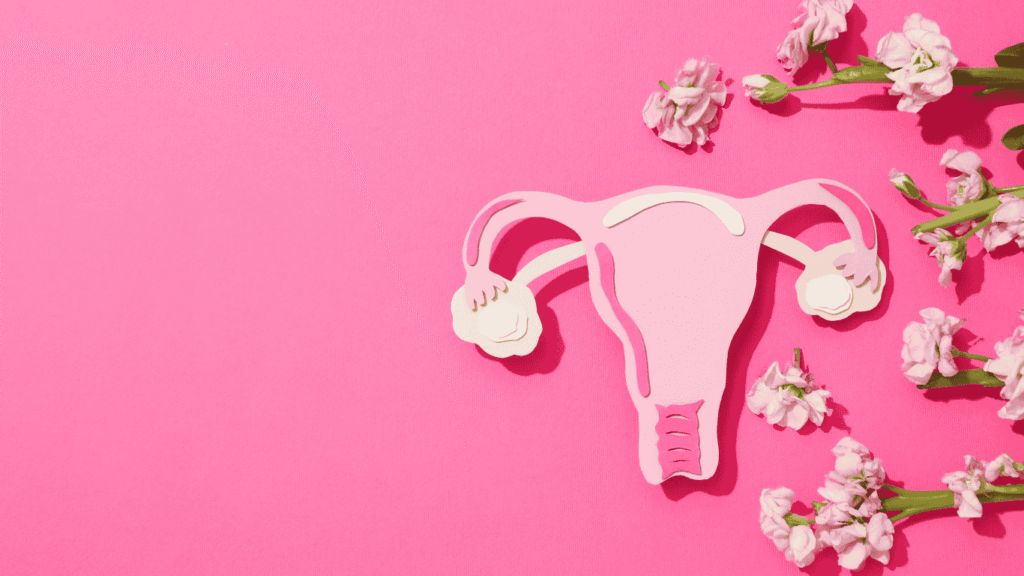Female-focused healthtech startups secure major investments, yet still face underfunding compared to other sectors
Women’s health startups, also known as FemTech, are finally gaining traction in global markets, with record-breaking funding rounds in 2025. Yet, the sector remains significantly underfunded compared to male-dominated health sectors, according to a new report from Sifted.

Key FemTech Funding Highlights in 2025:
- ReproNovo (UK) raised $65 million Series A to expand its infertility treatment technologies.
- Female Invest (Denmark) secured $23 million to grow its financial wellness and health education platform for women.
- Several smaller startups in menstrual health, menopause care, and fertility tracking also closed early-stage rounds.
Despite this progress, women’s health startups attracted just 2.5% of overall healthtech funding in 2024, showing the sector’s continued struggle for equitable investment.
“FemTech still fights outdated perceptions that women’s health is a niche, despite addressing half the world’s population,” said Emma Jones, co-founder of a leading women’s health accelerator.
Popular FemTech Categories Driving Growth
- Fertility Tech: IVF, egg freezing, and hormone tracking apps.
- Menstrual Health: Wearables and apps for period tracking and endometriosis management.
- Menopause Care: AI-driven platforms offering symptom relief and teleconsultations.
- Sexual Health & Contraception: Digital clinics and on-demand prescription services.
Europe Leads, But Global Growth Accelerates
Europe remains a FemTech hotbed, but investors in the US, India, and Southeast Asia are rapidly entering the space. The market for women’s health technology is projected to surpass $100 billion by 2030, driven by rising consumer demand and health awareness.
The Road Ahead for Women’s Health Innovation
While funding has improved in 2025, FemTech founders continue to face challenges:
- Lack of female investors in VC firms.
- Persistent bias labeling women’s health as niche or non-urgent.
- Limited public funding or government grants focused on women’s healthcare innovation.
Still, growing consumer interest and successful startup exits could close this funding gap in the next five years.
Source: Sifted – Women’s health startups are gaining momentum — but the funding gap persists





